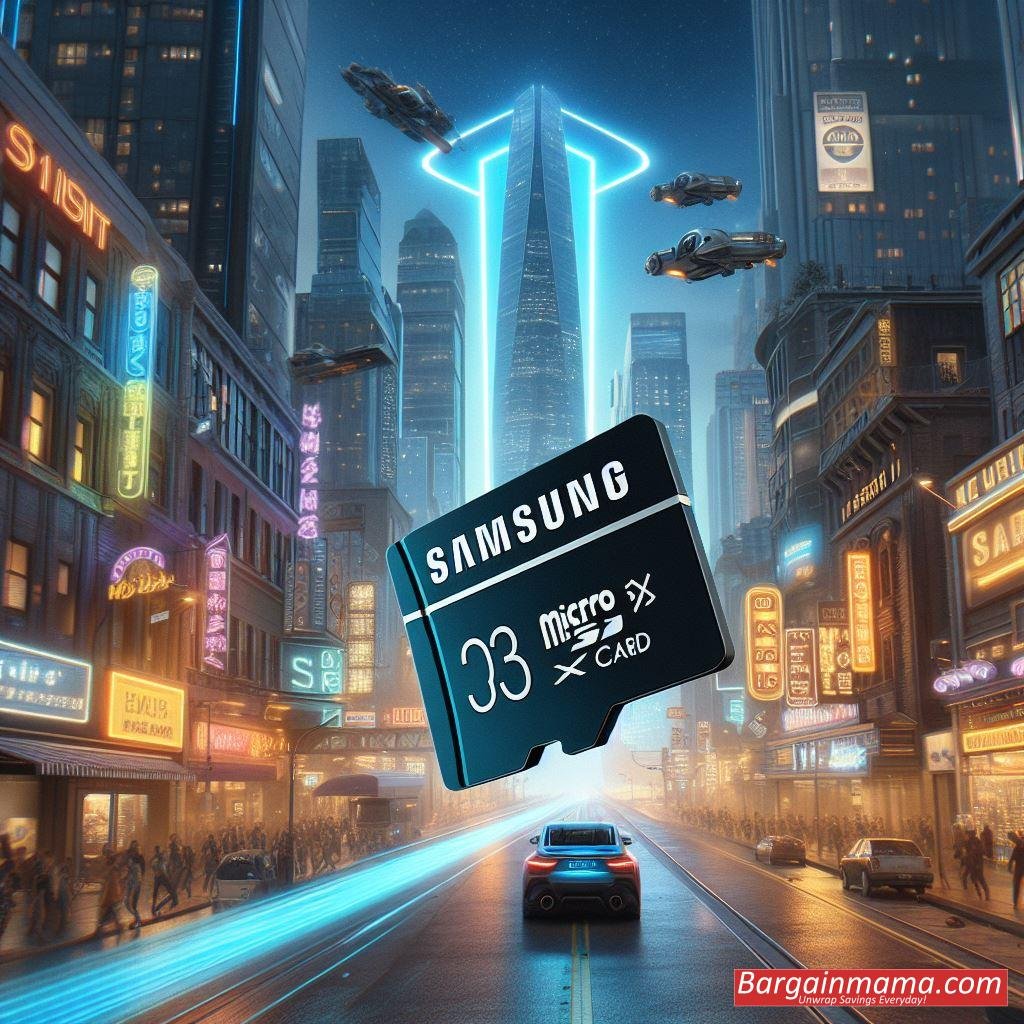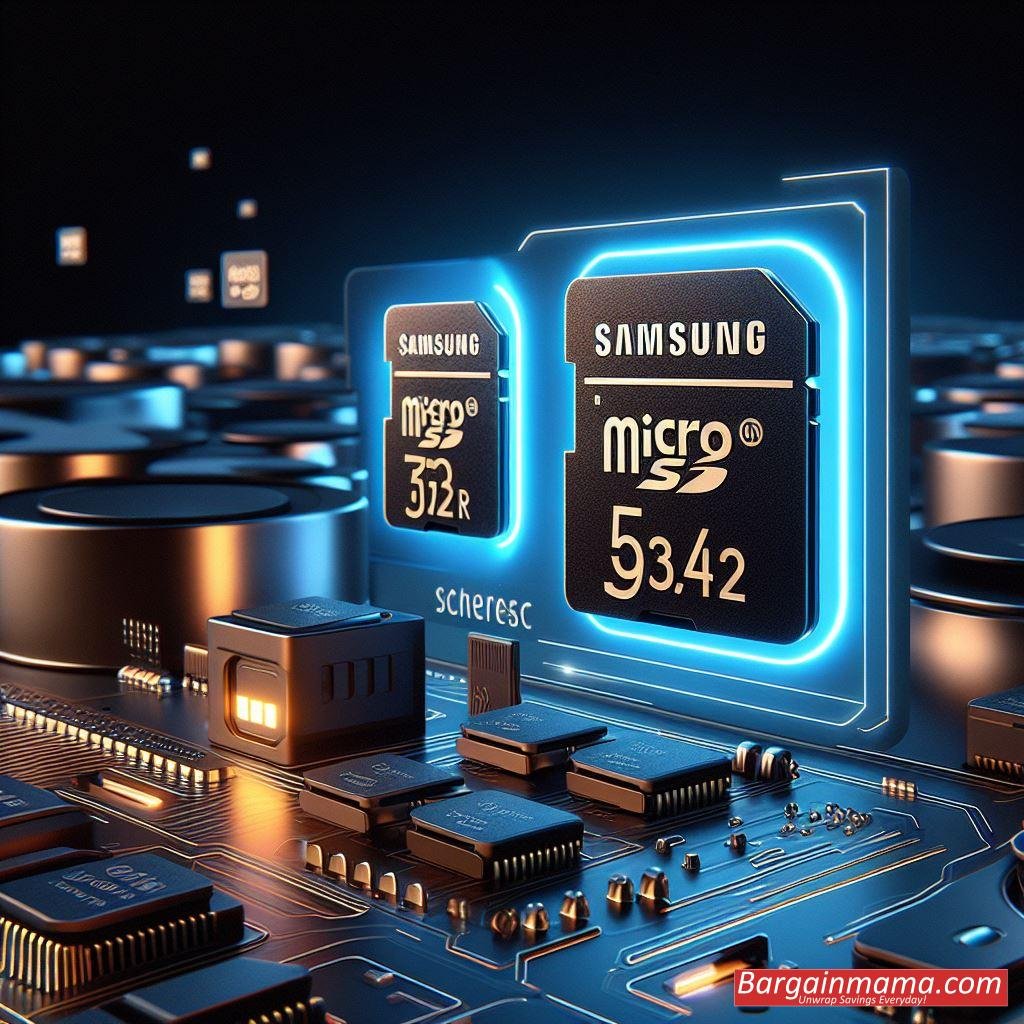In the world of technology, where milliseconds matter greatly, Samsung is well-positioned to transform the storage market once more. The IT giant introduced its newest wonder, a microSD card that boasts speeds higher than certain SSDs and will redefine the efficiency of data transport.

Samsung’s 256GB SD Express microSD card, which is expected to be released later this year, is expected to completely change the way people think about how fast portable storage can be. With a previously unheard-of sequential read speed of up to 800 MB/s, this cutting-edge card surpasses the capabilities of traditional microSDs that are already on the market. With boasting 2.5 times better read speeds and 1.4 times acceleration over its SSD equivalents, Samsung’s solution stands out as the obvious winner when compared to industry standard UHS-II microSD cards and even SATA SSDs.
Controlling heat dissipation in tiny storage devices to guarantee steady performance is one of the main problems. In response to this issue, Samsung has included Dynamic Thermal Guard (DTG) technology into their microSD card, which guarantees ideal temperature control even over extended periods of use. This invention demonstrates Samsung’s dedication to providing its customers with devices that are not just fast but also stable and dependable.

Samsung is using artificial intelligence (AI) to further improve the user experience in addition to its technological capability. Samsung’s Vice President Hangu Sohn draws attention to the microSD cards’ AI integration, highlighting their ability to meet the changing needs of mobile computing and on-device AI applications. Even if the most recent flagship smartphones might not have microSD card slots, later models might fully utilize these high-speed storage options, bringing in a new standard for mobile performance.
But in order to fully realize this potential, SD Express technology has to receive a lot more support than it now does. Even though SD Express is backwards compatible, its adoption requires hardware modifications, such as more pins on host devices. Therefore, the full effect of Samsung’s SD Express microSD card could become apparent when more recent gadgets that are able to utilize it become available for purchase.
Samsung has shown its dedication to meeting a variety of storage demands by releasing a 1TB microSD card with UHS-1 speeds in a separate development. With the use of cutting-edge V-NAND technology, this large-capacity microSD card has storage capacity that was previously only found in SSDs in a small package. Furthermore, Samsung guarantees endurance and durability in its storage solutions with strong protection against environmental threats including water, severe temperatures, drops, X-rays, and magnets.

Samsung’s ambitious agenda for the future seems optimistic for advancements in storage technology. Expectations are high for these revolutionary goods, even if the 1TB UHS-1 microSD and the 256GB SD Express microSD have not yet been priced or released. Customers can anticipate new benchmarks for digital experiences in terms of speed, dependability, and adaptability as Samsung keeps pushing the envelope in storage technology.



